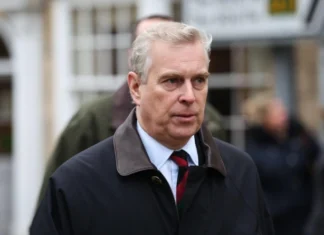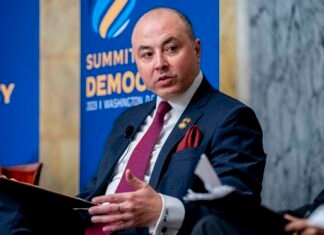Successful Double Kidney Transplant in Pediatric Patients at Fundeni Clinical Institute
A significant medical achievement has recently taken place at the Fundeni Clinical Institute, where a double kidney transplant was successfully performed on two pediatric patients—a 13-year-old girl and a 10-year-old boy. This groundbreaking procedure marks a major advancement in pediatric organ transplantation, particularly in Romania, where such operations are still relatively rare.
The operation was meticulously planned and executed by a specialized team of surgeons and medical personnel, all of whom are dedicated to improving the lives of children suffering from renal failure. The procedure itself is complex and carries inherent risks, particularly in younger patients who may have underlying health conditions. Nevertheless, the medical team at Fundeni utilized their expertise and experience to ensure the best possible outcomes for both young patients.
Postoperative recovery has shown promising results. Both patients are currently demonstrating favorable progress in their recovery trajectories. After the surgery, rigorous monitoring of their health parameters was conducted, focusing primarily on renal function. Remarkably, initial evaluations indicate that the kidney function is on the path to restoration, with the organs beginning to function optimally.
The successes seen during this operation underscore the importance of such transplant initiatives in the pediatric population. Kidney transplants in children can sometimes make all the difference, offering them a second chance at life. They not only improve quality of life but also significantly enhance the long-term health outlook for children who would otherwise face the grim realities of chronic kidney disease.
The parents of both children have expressed immense gratitude for the medical care provided by the Fundeni Clinical Institute team. They noted how the proactive communication and support from healthcare professionals throughout the process made a challenging situation somewhat more bearable. The emotional and psychological aspects of facing such a medical procedure cannot be overstated, and both families have been aided by the comprehensive support offered by the institute.
In the broader context, this successful transplant operation is a beacon of hope, advocating for the enhancement of pediatric health services in Romania. It demonstrates not only the capability of local healthcare to perform advanced medical procedures but also the increasing awareness and encouragement of organ donation within society. The life-saving potential of organ transplantation is powerful, and initiatives like this can promote a culture that prioritizes giving children a fighting chance against debilitating diseases.
Moving forward, the Fundeni Clinical Institute aims to continue its mission of advocating for and executing pediatric organ transplants. As the team monitors the recovery of both young patients, they hope to replicate this success in the future, making similar life-altering medical interventions available to more children in need.
In conclusion, the double kidney transplant performed at Fundeni Clinical Institute stands as a testimony to the evolving landscape of pediatric healthcare in Romania. With continued support and advancements, the institute is poised to transform the lives of numerous children facing kidney-related challenges, ultimately paving the way for a healthier future for the next generation.






